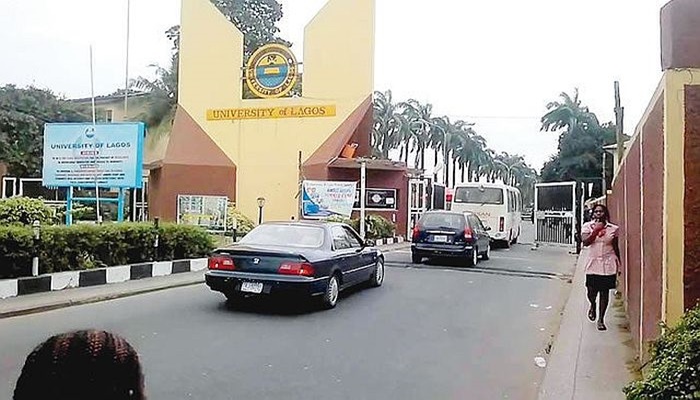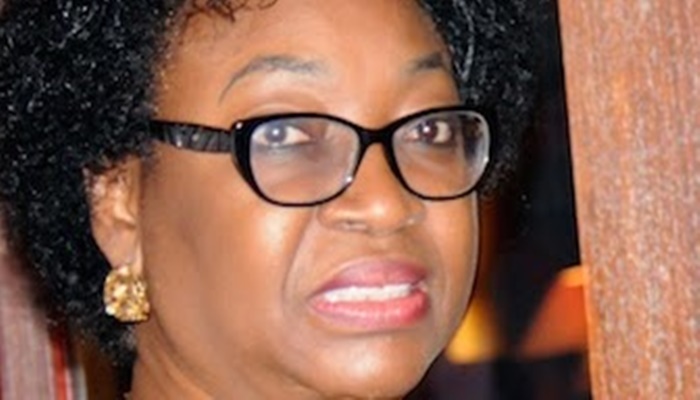
Vice-Chancellor of the University of Lagos (UNILAG), Akoka, Professor Oluwatoyin Ogundipe, has said that the university would not be able to admit more than 10,146 out of 32,333 candidates who applied to the university for the 2019/2020 academic session across departments at the undergraduate level.
He also said the university had received 14, 350 applications for about 350 programmes being run by its postgraduate school.
The vice-chancellor made this disclosure at an interactive session with newsmen on the campus of the institution, saying the 10, 146 (represented 31.4 per cent) as the admission quota of the university, based on the carrying capacity allocated to it by the Joint Admissions and Matriculation Board (JAMB).
He noted that only 21,955 out of the undergraduate applicants had so far registered for the Post-Unified Tertiary Matriculation Examinations (UTME) screening whose date had not been decided on by the institution.
He said his administration was open to questions, corrections and advice from relevant quarters having genuine interest in its financial and other activities, adding that such would certainly help the university to do better.
He said the recent crisis which led to his suspension and that of a former chairman of the Governing Council of the university, Dr Wale Babalakin, had grievous consequences on the university, particularly losses incurred during the period, including up to £40 million research grants by the faculty members.
While declaring that UNILAG would continue to re-brand for improvement to make it a global model, he lamented that the university would certainly face the problem of settling electricity bills when the students return, particularly to hostels.
He said before coronavirus lockdown, the university was paying between N61 million and N62 million as electricity bill monthly, noting that with the hike in tariff, the institution would definitely be paying more than N90 million monthly by the time the students return to hostels.
He said the university also spent about N45 million on diesel within three to four months.
“And where to get this huge amount of money for electricity consumption on campus will certainly be a serious problem for the university by the time we resume fully with students in hostels,” he said.






